
A single-center study of more than 3600 virtual visits displayed a high level of satisfaction from patients regarding their experience with telemedicine and their providers, suggesting the practice may be ready for large-scale use.

A single-center study of more than 3600 virtual visits displayed a high level of satisfaction from patients regarding their experience with telemedicine and their providers, suggesting the practice may be ready for large-scale use.

Patients treated with intranasal midazolam who were on enzyme-inducing AEDs experienced numerically lower treatment-emergent adverse events.
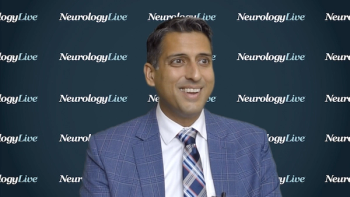
The director of epilepsy surgery and associate professor of neurosurgery at UC Irvine discussed the challenges he has encountered in getting patients with epilepsy to undergo beneficial procedures, often due to misinformation.
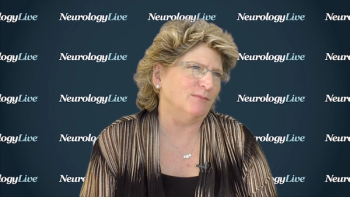
The director of pediatric epilepsy and the Herscot Center for Tuberous Sclerosis Complex at Massachusetts General Hospital, and professor of neurology at Harvard Medical School discussed the findings of the GWPCARE6 trial of cannabidiol.
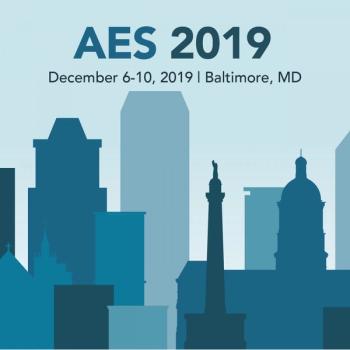
The American Epilepsy Society recognized several members from its clinical and research communities for their outstanding contributions to the field of epilepsy.
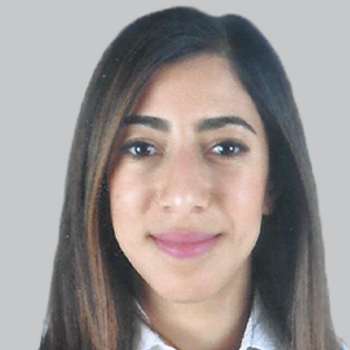
Despite evidence of the benefits and safety of breastfeeding in women with epilepsy, 2 studies suggest this population breastfeeds significantly less often than women without epilepsy, due to fears of drug exposure or recommendations against the practice.

An analysis of 2 different doses of intranasal diazepam showed consistent safety and tolerability results for repeat dosing
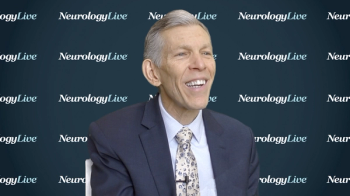
The professor and chief of pediatric neurology, and director of the comprehensive epilepsy program and neuroscience institute at Le Bonheur Children’s Hospital offered insight into his experience with midazolam and its potential to play a vital role in treating seizure clusters.

Patients who were treated with cannabidiol 25 mg or 50 mg experienced seizure reductions of 49% and 48%, respectively, nearly double that of the placebo group, which experienced reductions of 27%.
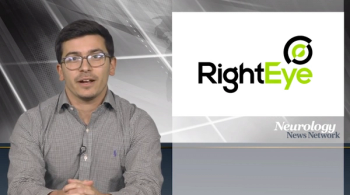
Neurology News Network for the week ending December 7, 2019.
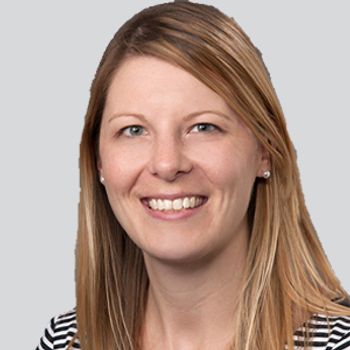
Although there are gaps in knowledge, investigators see potential in telemedicine for other neurologic disorders beyond stroke.
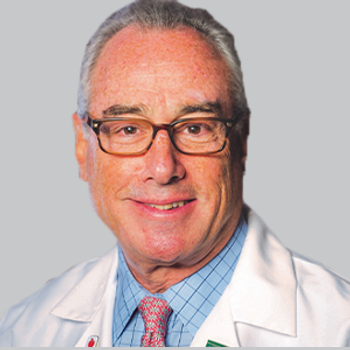
In light of the public health implications of speedier stroke treatment, these data suggest that mobile stroke units could represent a potentially beneficial addition to stroke systems of care in dense cities.

Results of the phase 3 ACHIEVE I trial showed a high percentage of patients were free from their most bothersome symptoms 2 hours post dose.
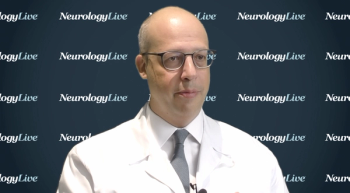
The Chairman of the Neurological Institute at Cleveland Clinic provided insight into the multidisciplinary decision-making process for patients with movement disorders at the center.
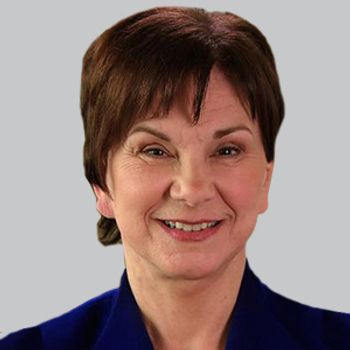
The FDA granted approvals to HEC Pharm Co. Limited, Biocon Limited, and Sun Pharmaceutical Industries Limited, for their generic formulations of Novartis’ product, branded as Gilenya, for the treatment of relapsing forms of multiple sclerosis.
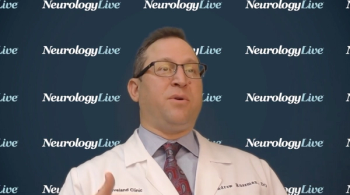
The medical director of the Comprehensive Stroke Center at Cleveland Clinic detailed the advantages of controlling blood pressure.

The data presentation from the phase 3 EMERGE and ENGAGE clinical trials suggest that aducanumab may result in disease-modifying effects, slowing clinical decline in those with early Alzheimer disease. Biogen expects to submit a BLA to the FDA for approval in early 2020.

Fenfluramine reduced monthly convulsive seizure frequency by 54% compared with placebo in patients on medication regimens including stiripentol, with a significant proportion of those experiencing a meaningful or profound reduction.

The director emeritus of the Cleveland Clinic Lou Ruvo Center for Brain Health discussed the significance of the HARMONY study findings and what they mean for the future treatment of dementia-related psychosis.
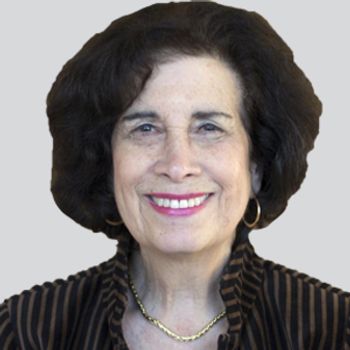
The drug was proven to be efficacious and generally well tolerated in adults with newly diagnosed epilepsy.

The 10th annual DSF Research Roundtable will take place on Thursday, December 5, in Baltimore, Maryland.

Within the first 2 years of DBS treatment, patients with Parkinson experienced improvements in freezing of gait and other axial signs in off periods compared to best medical treatment.

This would be the first available oral suspension of lamotrigine, offering a key new delivery option with an easily manageable dose for patients with epilepsy.

NeurologyLive will be providing live coverage of AES 2019 from Baltimore beginning Saturday, December 7.
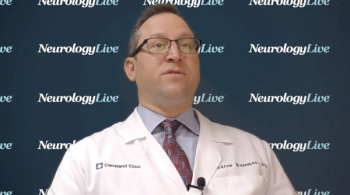
The medical director of the Comprehensive Stroke Center at Cleveland Clinic described the effects of limited medical resources on patients who have risk factors for stroke.

The RightEye Vision System is able to use eye-tracking technology to identify ocular tremors that persist for patients with Parkinson disease and might not only aid in easing the process of diagnosis but could potentially allow for the earlier identification of the disease.
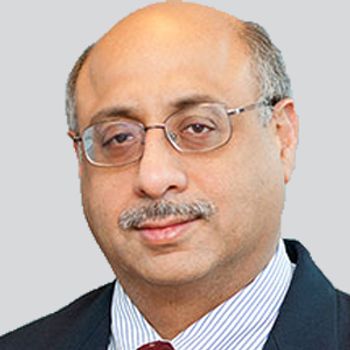
Patients who were administered levetiracetam, fosphenytoin, or valproate saw similar improvements in seizure reduction and responsiveness.

Both the busy clinician and the overwhelmed patient benefit from a pointed approach to disease management.
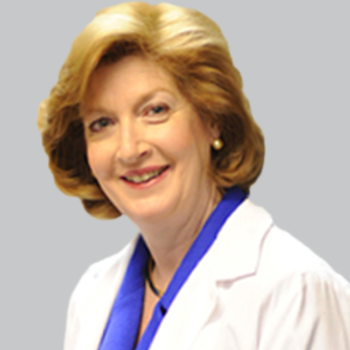
The anti-CGRP treatment from Teva was associated with reductions in the use of migraine-specific headache medication, migraine-associated symptoms, and any acute headache medication use compared to placebo.
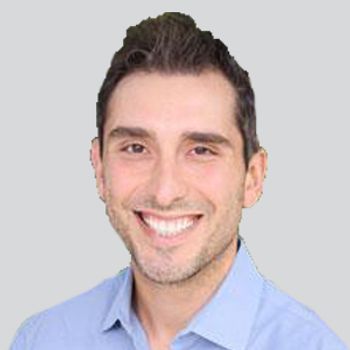
Diagnoses have increased with disease awareness, highlighting a great need for markers to help influence treatment decisions.